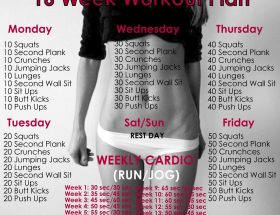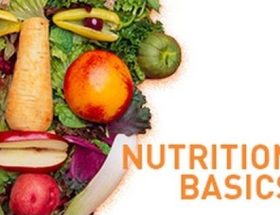When it comes to achieving fitness goals, exercise and a healthy diet are crucial. However, many individuals turn to supplements to enhance their performance, aid in recovery, and support overall well-being. In this article, we will explore the world of fitness supplements and guide you through the key factors you need to know.
Types of Supplements
There is a wide array of supplements available on the market, each with its own purpose and benefits. Below are some common types:
1. Protein Supplements
Protein supplements, such as whey or plant-based powders, are popular among fitness enthusiasts. They are a convenient way to increase protein intake, which is essential for muscle repair and growth.
2. Pre-Workout Supplements
Pre-workout supplements are designed to boost energy, focus, and endurance during exercise. They usually contain ingredients like caffeine, creatine, and beta-alanine to enhance performance.
3. Post-Workout Supplements
Post-workout supplements assist in recovery by replenishing glycogen stores and providing necessary nutrients. They often contain carbohydrates, protein, and branched-chain amino acids (BCAAs).
4. Multivitamins
Multivitamins are a convenient way to ensure you meet your nutritional needs, especially if your diet lacks variety. They provide a range of essential vitamins and minerals necessary for overall health.
Considerations before Taking Supplements
Before incorporating supplements into your fitness routine, it’s important to consider the following factors:
1. Proper Nutrition
No supplement can replace a balanced diet. It’s crucial to prioritize nutrient-dense whole foods before relying on supplements.
2. Individual Goals
The type of supplement you should choose depends on your specific fitness goals. Whether it’s building muscle, increasing endurance, or weight loss, choose accordingly.
3. Safety and Quality
Not all supplements are created equal. Conduct thorough research, read reviews, and choose reputable brands that undergo third-party testing for quality assurance.
Potential Risks and Side Effects
While supplements can offer benefits, it’s essential to be aware of potential risks and side effects:
1. Allergies and Sensitivities
Some supplements contain allergens like soy, gluten, or dairy. If you have known allergies or sensitivities, ensure to check the ingredient list.
2. Interactions with Medications
Certain supplements may interact with medications you are taking, adversely affecting their efficacy. Consult with a healthcare professional if you are on any medication.
3. Overdosing or Misuse
Exceeding the recommended dosage or mixing multiple supplements without professional guidance can lead to adverse effects on your health.
Conclusion
Supplements can be a valuable addition to your fitness journey if used correctly. Understanding the different types available, considering individual goals and needs, and prioritizing safety are key to making informed choices. Remember, supplements are meant to support, not replace, a holistic approach to fitness and a well-balanced diet.








